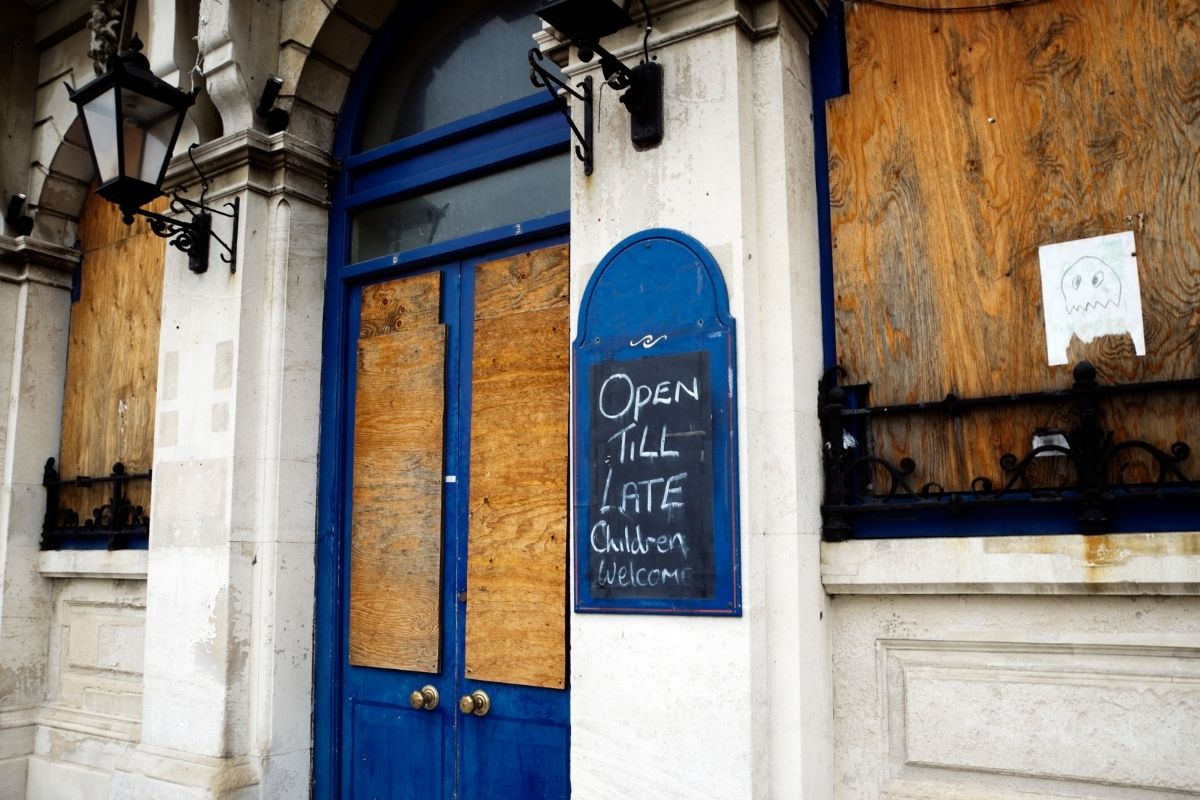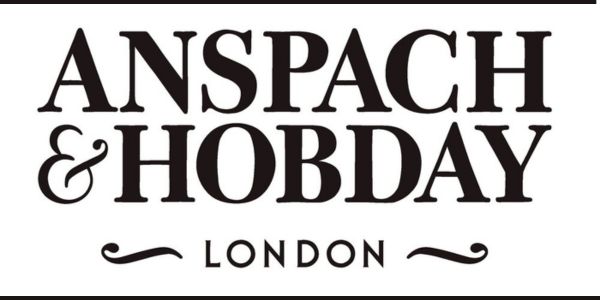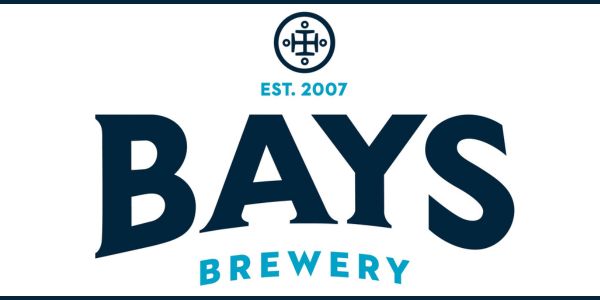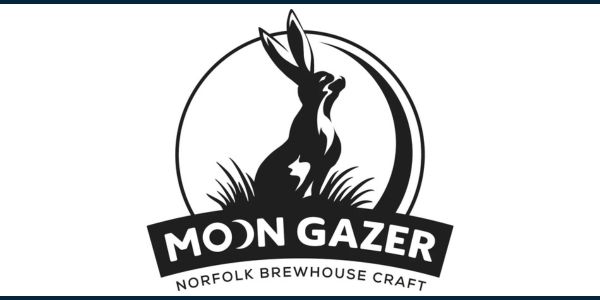Nearly 300 pubs closed across England and Wales in 2024 — an equivalent of six a week — according to latest figures from the British Beer and Pub Association (BBPA).

The industry body, which represents more than 20,000 pubs, reported there were 289 closures in the past year, which equates to more than 4,500 job losses.
The BBPA says that the enormous scale of closures can be halted if the government sticks to its commitment to business rates reform, which must be swiftly and meaningfully introduced.
Overhauling business rates for pubs and breweries, which are among the most heavily taxed business sectors in the UK, coupled with phasing in new employment costs, would slow down unnecessary closures, the BBPA said.
The beer and pub sector pour more than £34 billion into the economy everyyear and support more than a million jobs.
“The scale of these closures is completely avoidable because pubs are doing a brisk trade,” said Emma McClarkin, chief executive of the BBPA.
Pubs’ bills will double in April
“Consumer demand is there, however profits are being wiped out with sky-high bills, and pubs are facing yet more rates and costs come April.
“We’re right behind Labour’s mission to supercharge growth and can deliver this economic boost across the UK, but only if it is easier for pubs to keep their doors open.
“Government must urgently bring in meaningful business rates reform and phase in new employment costs so pubs can keep boosting the economy, supporting local jobs, and remaining at the heart of communities.”
The BBPA says that the April cliff-edge, when business rates relief drops from 75% to 40%, more than doubling bills for most pubs, new employment costs kick in, and the start of the chaotic and unsustainable beer bottle tax (EPR fees), will all add to the financial pressures.
The cumulative impact of the Budget will create an extra £650m in costs for the sector, which worsens the outlook for pubs.
Over the last five years there were more than 2,250 pub closures. The number of pubs fell from 47,613 at the start of 2019 to 45,345 at the start of 2024.










